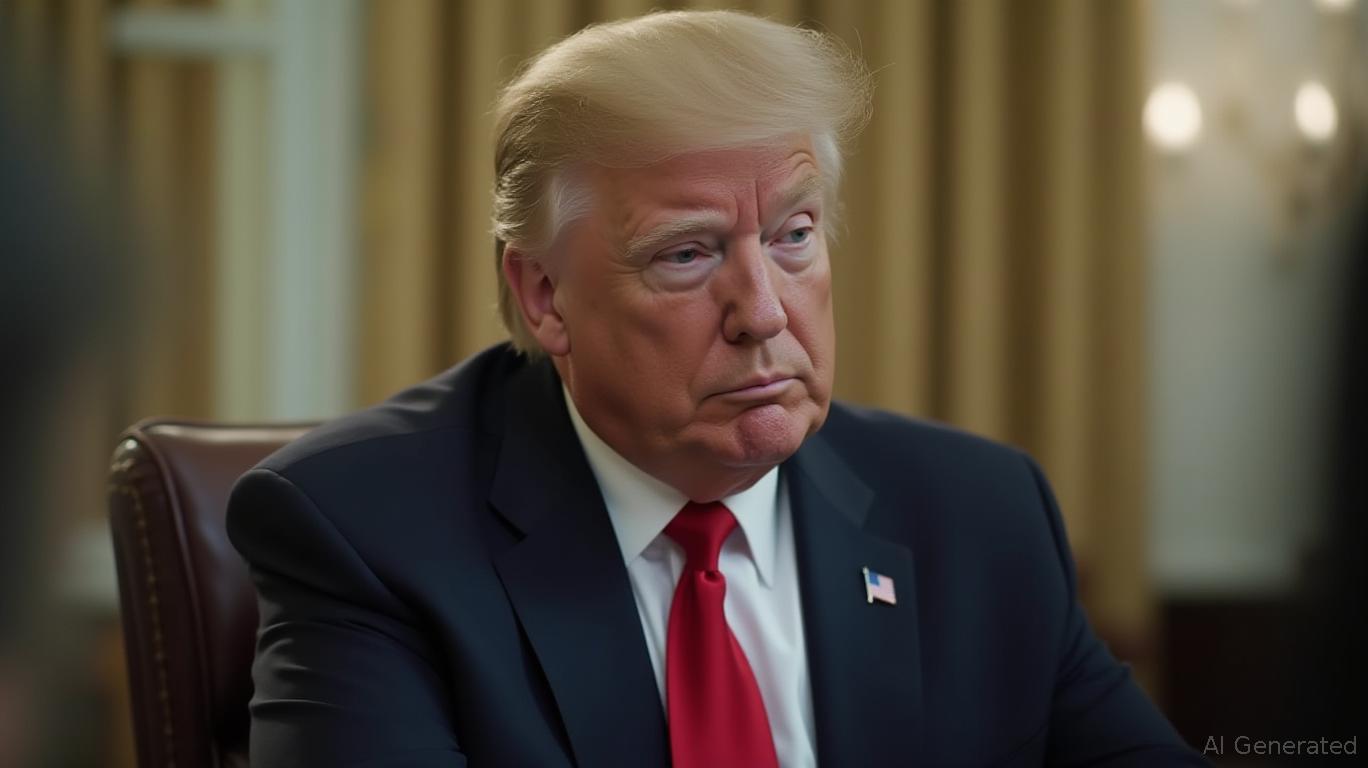Crypto Oversight Changes: Trump’s CFTC Decision Ignites Political Dispute
According to coverage from

Selig, who is a top advisor to SEC Chairman Paul Atkins, has been instrumental in bringing the SEC and CFTC into closer alignment on digital asset, swaps, and futures policy. His nomination follows Trump’s previous, unsuccessful effort to install Brian Quintenz, a16z’s global policy chief, as CFTC chair—a move that was blocked by industry resistance, the reports note. Selig’s experience includes ten years as a partner at Willkie Farr & Gallagher, where he counseled asset managers on derivatives and regulatory matters. Industry figures have commended his legal expertise and balanced perspective on fostering innovation while maintaining regulatory standards. “Mike Selig recognizes the importance of supporting innovation, but he’s also committed to finding the right legal solutions,” Amanda Tuminelli of the DeFi Education Fund told Bloomberg.
The CFTC, which regulates swaps, futures, and prediction markets, has become increasingly significant as Congress considers new laws to clarify its authority over crypto. Analysts writing for Blockworks point out that proposed legislation in both the House and Senate would broaden the CFTC’s jurisdiction over digital assets, potentially making it the primary regulator in a field long plagued by unclear rules. Policy initiatives like the Clarity Act have received in-depth examination from sources such as
This nomination comes as political disagreements over crypto policy intensify. Trump and other Republicans support classifying most digital assets as commodities under CFTC oversight, favoring a lighter regulatory touch to encourage innovation—a stance explored by Coinotag. In contrast, Democrats want the SEC to retain broad authority over securities to better protect investors. This divide has delayed comprehensive legislation, with debates over how to categorize tokens, regulate decentralized finance (DeFi), and enforce anti-money laundering (AML) standards keeping the issue unresolved. The bipartisan Digital Asset Market Clarity Act, which aims to establish clear regulatory boundaries, remains central as lawmakers search for common ground.
If the Senate confirms Selig, it would represent a major turning point for crypto oversight. The CFTC’s enhanced powers could significantly impact exchanges and DeFi projects, which would need to meet new requirements for real-time monitoring and proof-of-reserves under the Clarity Act. Supporters claim these measures will reduce market manipulation and draw more institutional investors, while critics caution that stricter rules could hinder innovation, especially for smaller ventures.
With the CFTC poised to take a leading role in crypto regulation, Selig’s guidance will be vital as the industry faces a pivotal regulatory moment. As
---